Boy, last Thursday was quite the news day!
We woke up to the startling revelation that New York City was basically paralyzed, hazed over by dense smoke from forest fires in Canada, our supposed “ally.” Eh?
Then it was announced that the Jack Daniel’s Tennessee Whiskey company had won its case over a dog-toy manufacturer that had created “poop-themed” chewies with a “Jack Spaniel’s” label. Justice was fetched. Woof!
Next we learned about the earthly departure of “Christian” broadcaster Pat Robertson, who made a career of claiming that LGBTQ folks caused hurricanes, earthquakes, and even the 9/11 attacks. Sadly, ol’ Pat missed out on a chance to blame extra-polite, denim-clad Canadian homosexuals for the smoke invasion, but he did have the good taste to leave us during Pride Month. Enjoy the eternal smoke, Pat.
Oh, and I almost forgot one other tiny bit of news from last Thursday: Former President Donald Trump announced that he was going to be indicted by the U.S. Department of Justice for mishandling classified documents after leaving office.
Trump, no doubt intentionally, preempted the DOJ’s official announcement of the indictment with his own, and quickly began grifting funds for his defense. It was all so unfair! Send money!
The messaging from the usual GOP piss-pots and pundits was remarkably consistent. They bemoaned the country’s “two-tiered justice system” and “selective prosecution.” They raged about “Joe Biden’s Justice Department,” and alleged that the coming Trump indictments were just a distraction from the ever-imminent prosecution of Hunter Biden for giving his father a $5 million bribe, or something, which the GOP could prove if only they didn’t keep misplacing “FBI whistleblowers.”
In fact, the Trump World response was so uniform that one could almost imagine it had been coordinated. Either that, or grievance and what-about-ism was the only ammo they had left. House Speaker Kevin McCarthy’s reaction was typical. He said “the indictment of Donald Trump was a dark day for the United States,” and that he “stood with” the former president, adding that “House Republicans will hold this brazen weaponization of power accountable.”
It’s worth noting that more than 30 elected Republican officials — including several congressmen and senators — are reputed to have exchanged texts and voice messages with former White House Chief of Staff Mark Meadows on January 6, 2021. Indictments for the January 6th insurrection case are presumably forthcoming, so there may be some understandable anxiety among those on Meadows’ speed-dial list.
Unsurprisingly, those defending Trump have it precisely backwards. President Biden didn’t indict Trump; the Department of Justice did, and only after months of investigation by a special counsel and his team. (Fun fact: When the feds prosecute somebody, their win rate is 99 percent.) The first-ever indictment of a former president is a huge deal, and the DOJ is not about to file a frivolous case. As the Friday release of the indictments made clear, Trump mishandled and resisted returning hundreds of government documents, even after being subpoenaed for them. There is no parallel with President Biden’s — or Mike Pence’s — handling of the same situation; both cooperated with investigators.
A true dark day for this country would be if the DOJ did not investigate a former president for criminal behavior. It would put presidents above the rule of law, giving them a privilege granted to no other American, creating a true two-tiered justice system.
There was one other piece of news from last Thursday that was overshadowed by Trump’s indictment revelation — but it was potentially as important. The Supreme Court upheld a lower court ruling that Alabama’s Congressional Districts had been gerrymandered to minimize that state’s African-American vote. Only one of the state’s seven districts had a Black majority in a state with a 27 percent Black population.
In what most legal analysts considered a surprising ruling, the Court preserved at least a vestige of the 1982 Voting Rights Act by ruling that Alabama must redraw its district maps. It’s a decision with potential ramifications for similar cases in Louisiana, Georgia, and Texas. When future historians look back at June 8, 2023, they may see this SCOTUS decision — a blow to the plague of gerrymandering — as more consequential for the country than Trump’s whiny announcement. The years have a way of clearing the smoke.

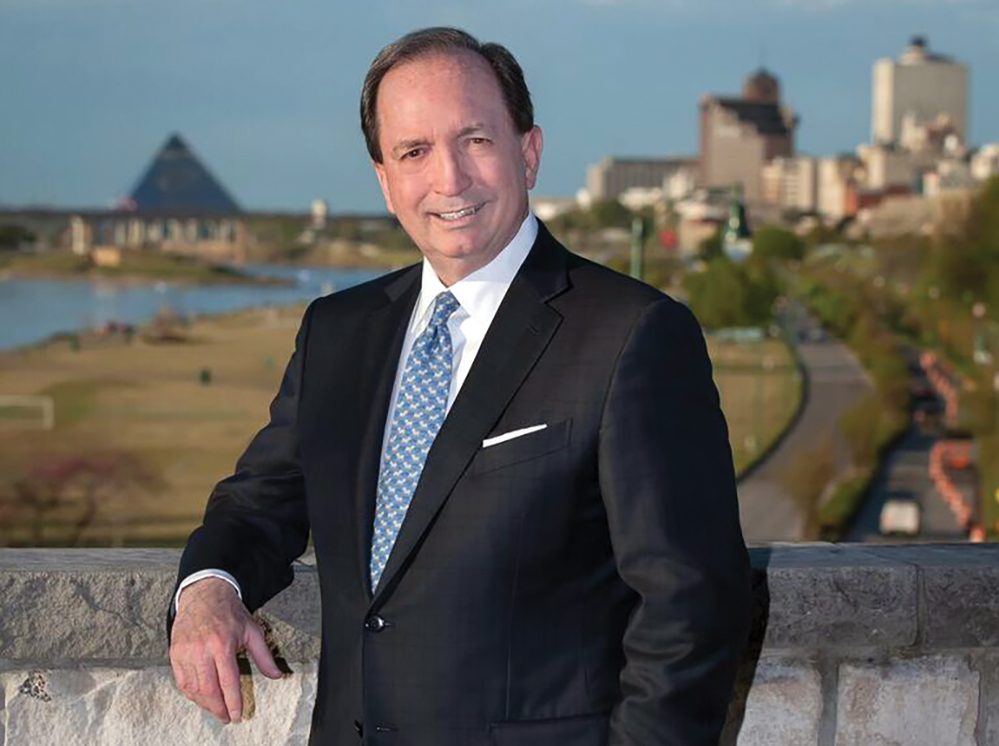

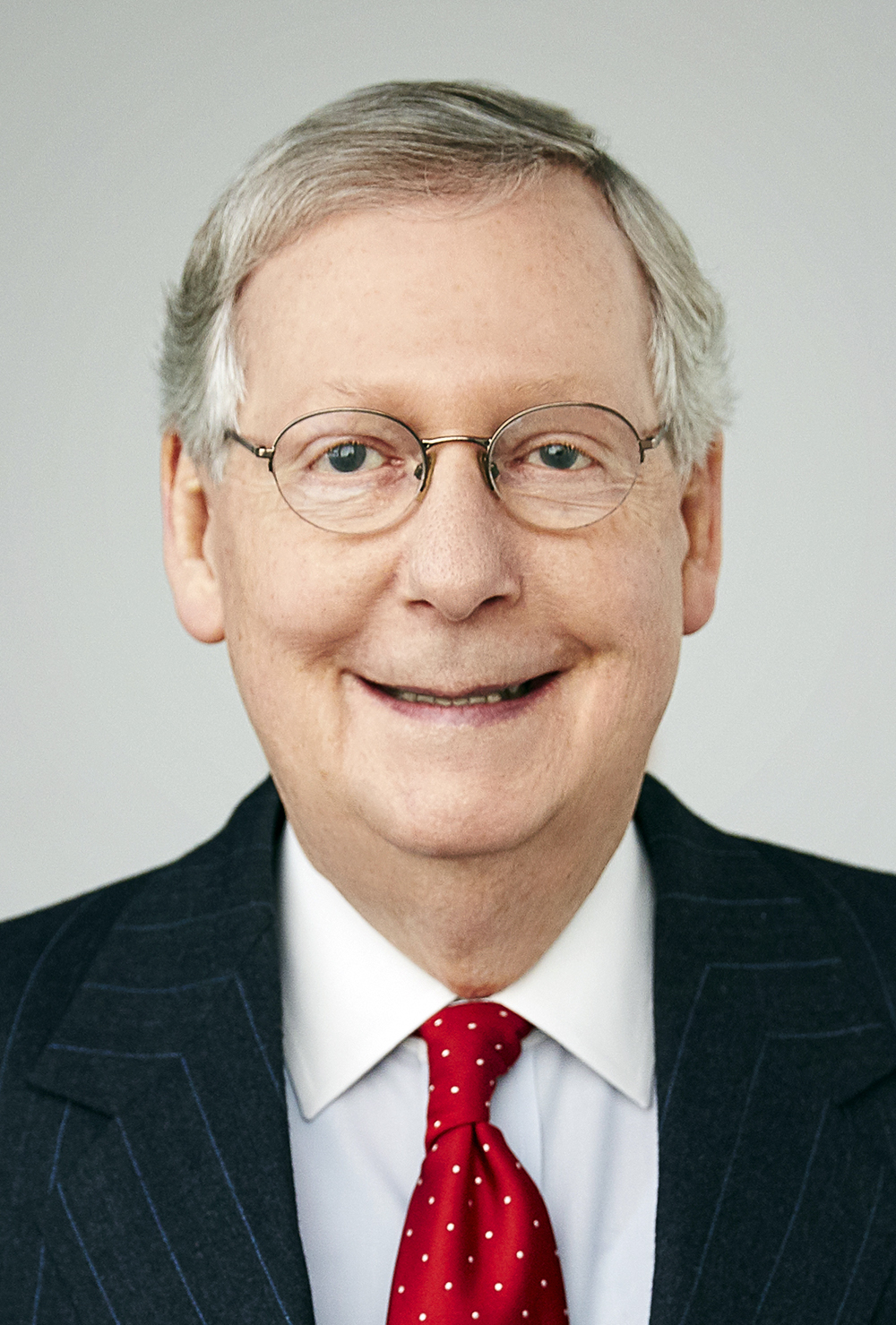
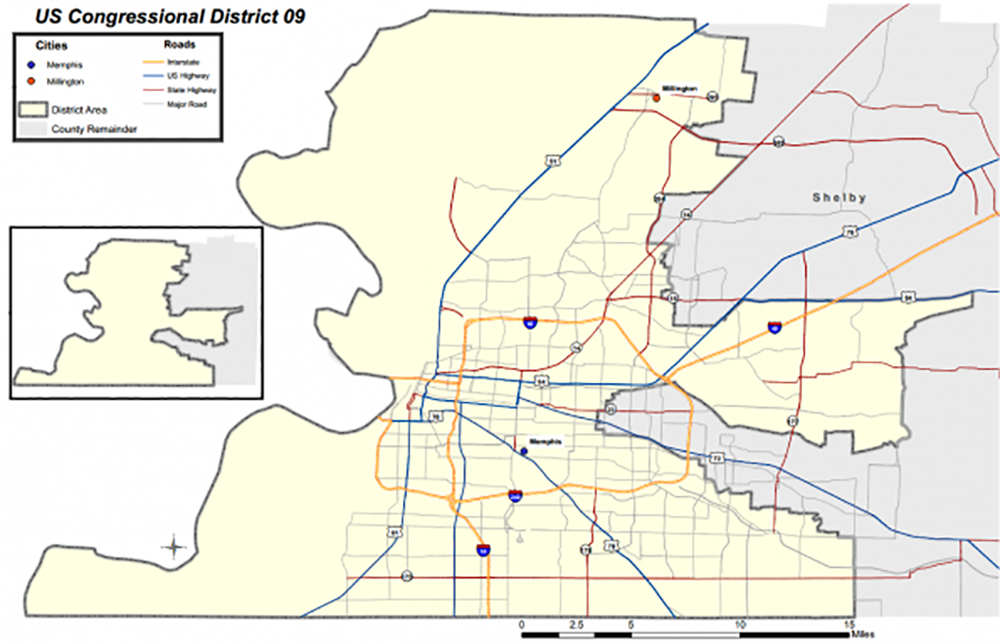
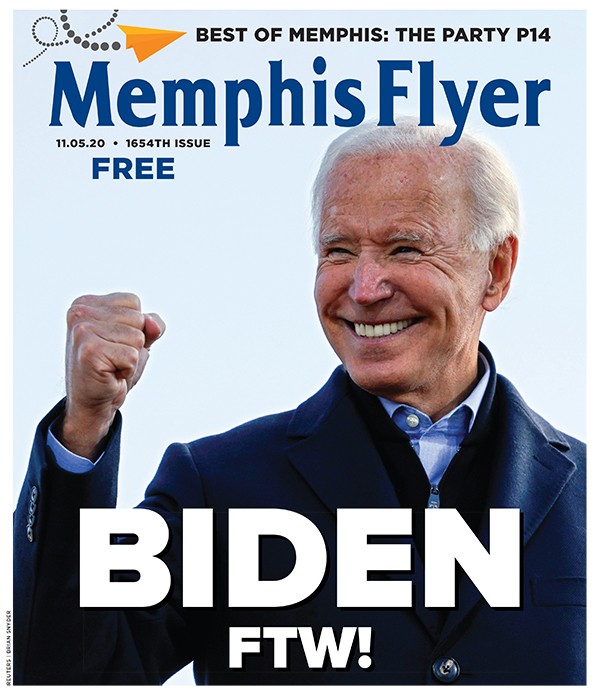 REUTERS | Brian Snyder
REUTERS | Brian Snyder 
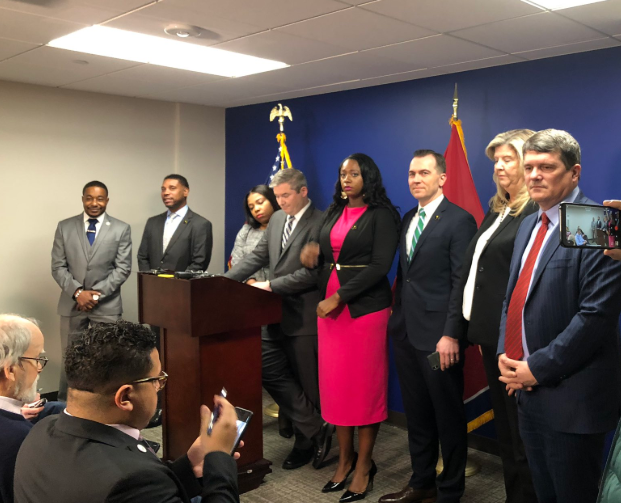 Tennessee Advocates for Planned Parenthood
Tennessee Advocates for Planned Parenthood